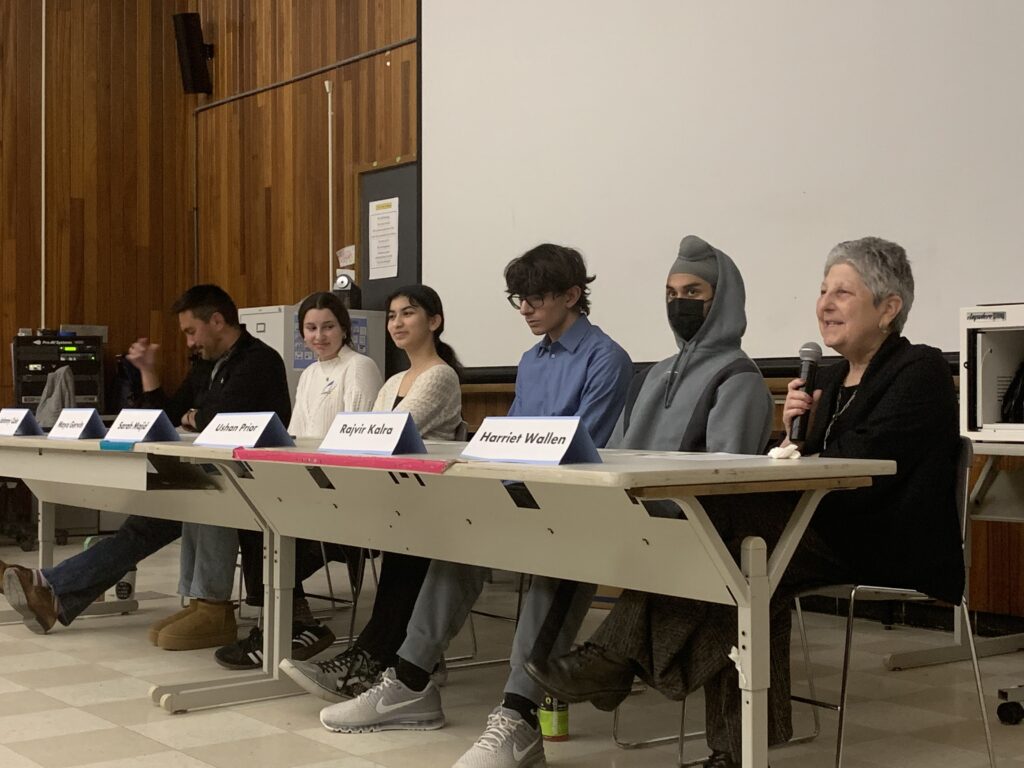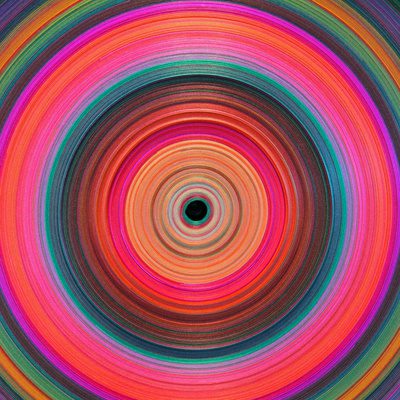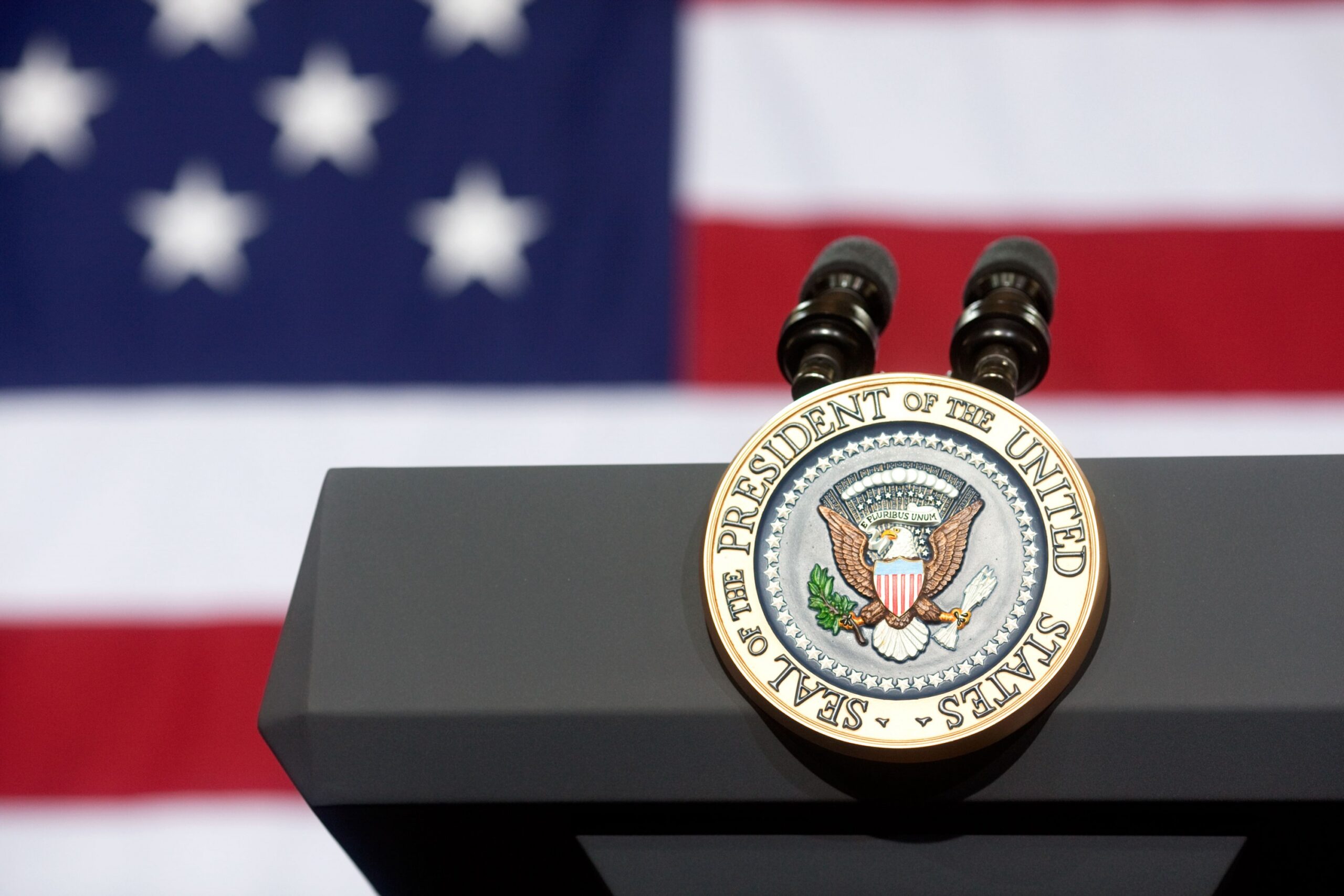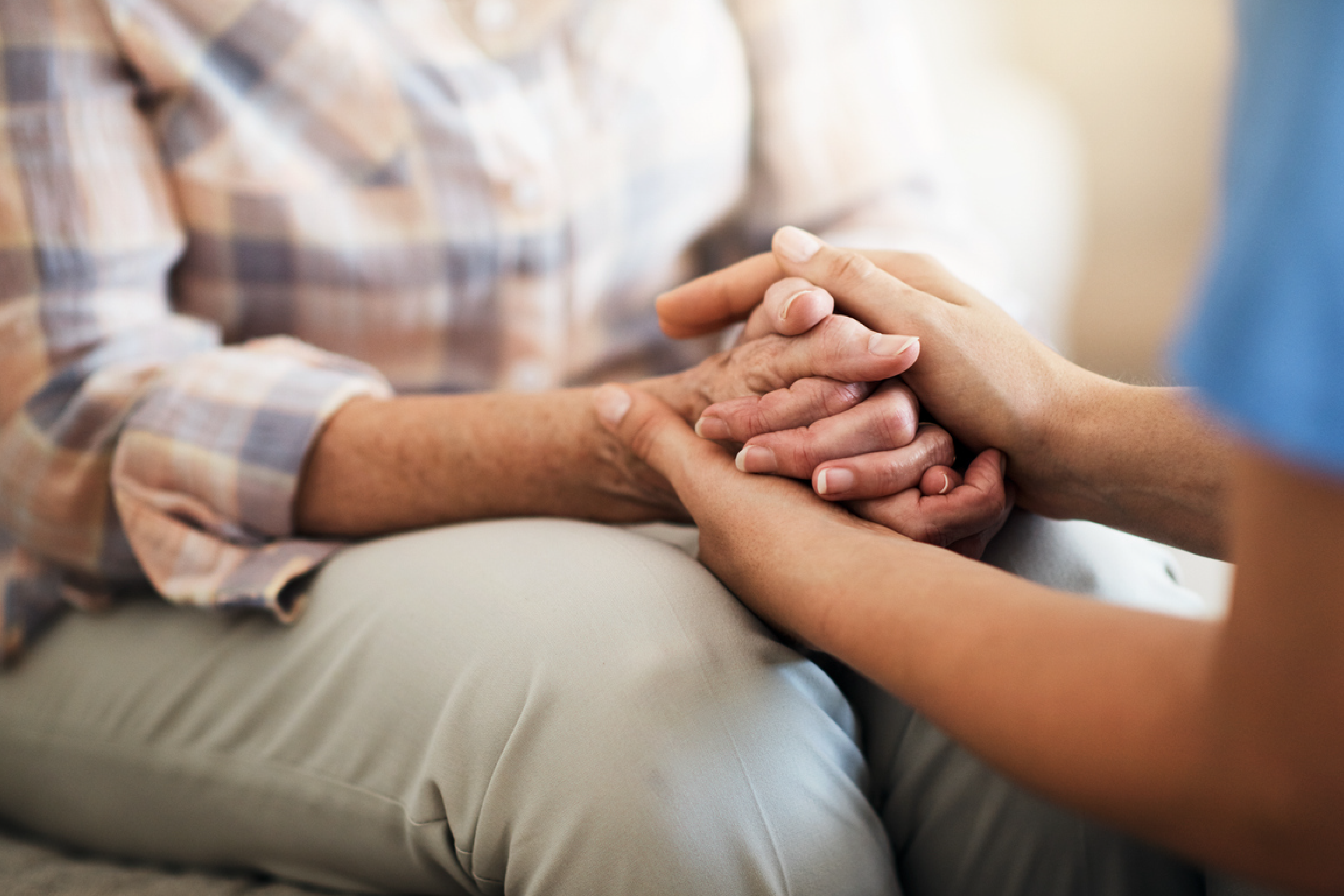By Judith Forman
During the pandemic, Fran Jacobs joined a task force at Temple Emunah that had formed to tackle the growing hums of antisemitism.
After months of study, conversation, and lectures from local Jewish experts, task force members came to an obvious conclusion: They needed partners beyond the Jewish community to truly make change.
So, in March 2023, Temple Emunah hosted a dinner to reach out to the broader Lexington community. After the meal, Dr. Daniel Joslyn-Siemiatkoski, the Kraft Family Professor and Director of the Center for Christian-Jewish Learning at Boston College, spoke to the group about antisemitism, including the Christian responsibility to acknowledge it, address it, and even alter practices that may promote it.
The presentation sparked interest in some of the attendees, including Jacobs, who wanted to do more to bolster the community’s stand against antisemitism. She volunteered to help organize a group that began to meet regularly — and LUAA was born.
A common effort
Since then, LUAA — which stands for Lexington United Against Antisemitism — has become an initiative of about 115 residents representing a broad swath of religious, public, and private community organizations. LUAA members hail from different backgrounds, but they’re united in their desire to fight Jewish hate.
“There is a lot of work to do,” says Jacobs, who’s lived in Lexington since 2008. “I was somewhat surprised and gratified that there were non-Jews who were interested in rolling up their sleeves and getting something done.”
One of those non-Jewish residents was Steve Van Evera, a member of Lexington’s Pilgrim Congregational Church, United Church of Christ.
“I knew that the Jewish community could not solve the problem of antisemitism alone — and shouldn’t have the sole responsibility of solving it alone,” says Van Evera. “This is a common effort to do something that everybody ought to be doing.”
Van Evera joined Jacobs as co-chair of LUAA. Under their leadership, LUAA volunteers developed a mission statement, organized into subcommittees, and created an action plan to focus on four projects: continuing to build interfaith and cross-community relationships within Lexington; reforming Christian religious practice and Christian education on antisemitism; incorporating material on antisemitism into the Training Active Bystanders (TAB) program of Quabbin Mediation; and curating resources on antisemitism and hate for targeted local use.
Moving the needle
Within a few months, Jacobs and Van Evera knew that LUAA needed help with administrative tasks, technology, communications, and events. After learning about the inaugural Ally Challenge run by CJP’s Center for Combating Antisemitism (CCA), they applied for a grant to start to scale their work.
In the spring, LUAA was one of three grassroots initiatives awarded a total of $105,000 in CCA grant funding to help increase hyper-local community engagement and mobilization in the fight against antisemitism.
“After extensive vetting and assessment, we awarded this support to strategic community-based projects well-positioned for moving the needle toward our shared vision of making antisemitism politically and socially unacceptable in Greater Boston,” says Melissa Garlick, CJP’s Associate Vice President, Center for Combating Antisemitism. “We’re grateful to these local leaders and volunteers who are helping us shape a more joyful, safe, and healthy future for our community.”
CCA’s investment, says Jacobs, is allowing small organizations like LUAA to experiment with programming and pivot as needed to create meaningful impact.
“I’m very impressed that we’re being funded as somewhat of a social laboratory, to try out strategies,” she says. “CCA and CJP really appear to value innovation.”
Deepening community connections
In the 18 months since its inception, LUAA has already started to move the needle in Lexington. A group of local Christian clergy is working on a toolkit to help churches audit their practices to avoid antisemitism. LUAA members are in the process of designing and implementing a website to share resources on antisemitism.
Earlier this year, LUAA ran a pilot TAB workshop to train Lexington residents on how to become active bystanders and stronger allies when witnessing acts of antisemitism. Plans are in the works for two additional TAB workshops, to train up to 50 more people on clear language to use and actions to take as a Jewish ally.

To bring the community together, LUAA organized a successful screening of a documentary about the Tree of Life massacre in Pittsburgh, followed by a panel discussion. Next month, with CCA funding, LUAA will host a community-wide lunch at Lexington’s Follen Church to help all residents expand and deepen their relationships with others, regardless of connection to faith groups or religion. The lunch will be followed by a community workshop on allyship by CCA partner Project Shema.
“It’s nice that CCA is making it a little bit easier for volunteers to do good work,” says Maggie Herzig, a member of both Follen Church and the LUAA Steering Committee. “The grant is helping us be more hospitable and arrange events to really bring the community together. We want people to eat together, sit with people of other faith communities, and get introduced to each other.”
LUAA has also helped unify the town and its leaders to respond to acts of antisemitism in Lexington. Christina Lin, chair of the Lexington Human Rights Committee, began working with the group in June 2023, after antisemitic graffiti was discovered at the town’s Cary Library.
“Prior to that, I didn’t understand the depths and history of antisemitism, and it’s been powerful to have LUAA help us understand its roots,” says Lin, who doesn’t identify with a faith group. “I’ve been impressed with LUAA’s intentional approach to bringing people together, supporting the community, raising awareness about antisemitism, and helping us all take action.”
Love our neighbors
After hearing Joslyn-Siemiatkoski speak at Temple Emunah — and learning about the rise in Jewish hate reported to the Lexington Interfaith Community Association — Pilgrim Church’s Rev. Reebee Girash says she knew she had to step up as a Jewish ally.
“My faith tells us that we must do what we can to love our neighbors and help our neighbors,” says Girash, who also sits on the LUAA Steering Committee. “It was very compelling to me personally to think about how I can show up as an individual and how I can make sure my congregation is aware of this problem. I believe we have a special responsibility as Christians to address practices within Christianity that may have contributed to antisemitism.”
Girash says she’s grateful for LUAA — and the work the group has done during a particularly complicated moment in time.
“It’s been a very intense and terrible year,” she says. “Within LUAA, we have focused on being tender with each other as we may have different understandings of what’s going on in the world. “We’re empowering people in Lexington to address antisemitism within our community. I don’t know that we’ve done it perfectly so far, but it’s what we’re doing.”
Judith Forman is CJP’s senior development writer.




